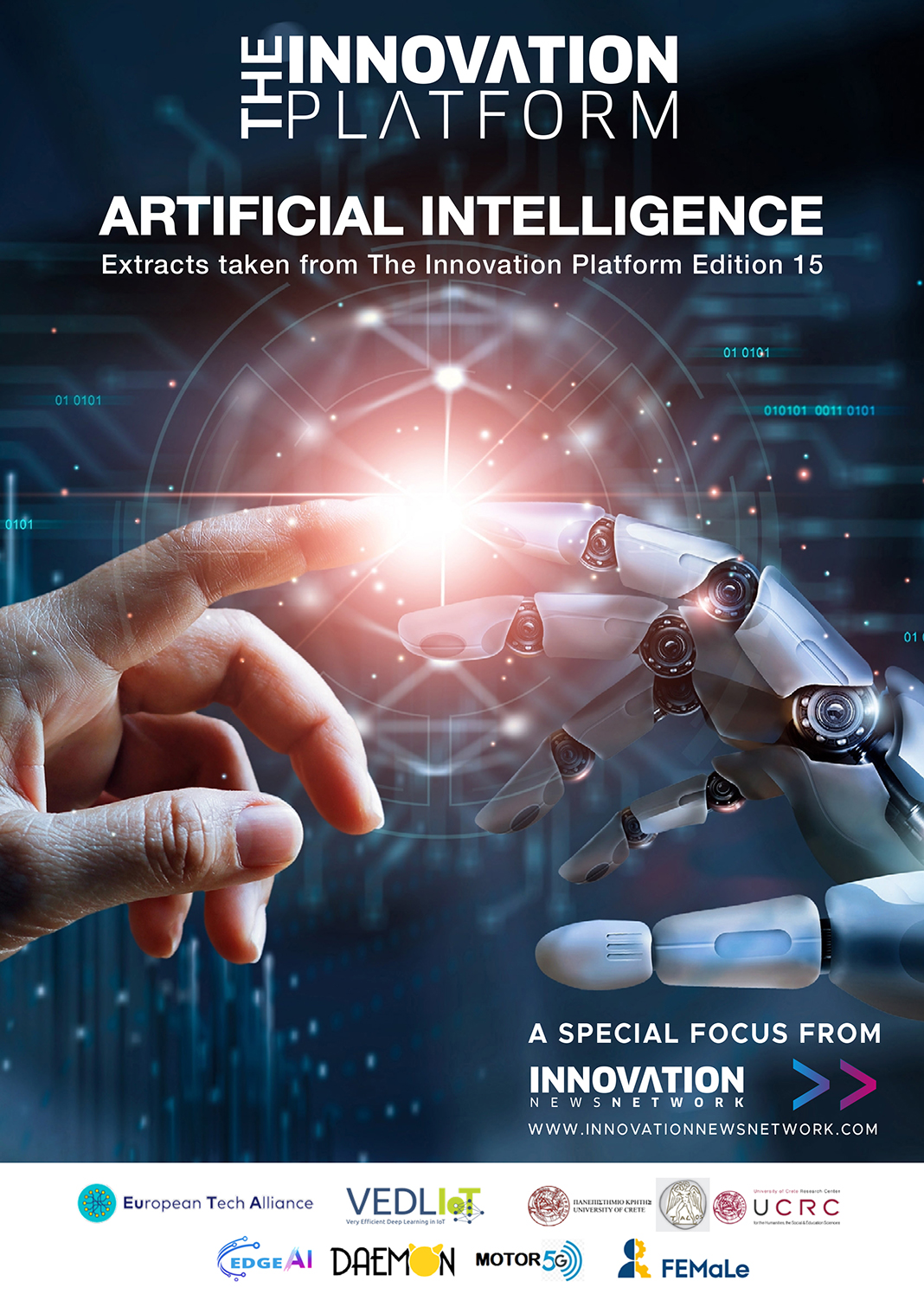This publication examines the benefits of Artificial Intelligence in various sectors and explores the importance of proper regulation to ensure that these technological advancements are realised.
Artificial Intelligence technologies have taken the world by storm, growing in popularity in 2023 with the introduction of Large Language Models, such as ChatGPT. These systems will alter and ultimately benefit our everyday lives in various sectors.
For instance, Artificial Intelligence can be embedded into our communication systems. This can provide safer and more reliable wireless ecosystems.
Artificial Intelligence can also benefit the healthcare sector, being used to improve diagnostics and patient care.
Regulation will help unlock the benefits of Artificial Intelligence
As Artificial Intelligence technologies have clear benefits for many aspects of society, it is important that these systems are implemented with clear regulation to ensure that this vast potential is unlocked.
The EU Artificial Intelligence Act, which has recently entered the trilogue phase, is caught in a balancing act. The Act must create legal categories to capture the fast-evolving technology whilst also ensuring that the EU reaps the benefits that Artificial Intelligence presents.
Without regulation, there are concerns that this technology can be abused and create more harm than good.
This publication discusses the importance of leveraging regulation so that Artificial Intelligence can be enjoyed by all and showcases the technology’s already revolutionary powers.
What are the topics featured?
Artificial Intelligence projects showcase the wide range of benefits that the technology has.
In this publication, Jens Hagemeyer, Technical Manager of the VEDLIoT Project, outlines how Deep Learning and Artificial Intelligence can help realise the potential of IoT applications.
The EdgeAI project also details the benefits of Artificial Intelligence in the industrial sector. This project combines a range of computing technologies to improve the efficiency of many industrial sectors.
The TALOS-AI4SSH project aims to expand the potential of Artificial Intelligence itself, setting up a Centre of Excellence in Digital Humanities at the University of Crete.
Ensuring that Artificial Intelligence is properly regulated is a theme explored in this publication. The European Tech Alliance’s Nathalie Laneret outlines the key points to consider to ensure that the EU’s Artificial Intelligence Act allows for the benefits of Artificial Intelligence to be taken advantage of.
Building on this, the Council of Europe’s Thomas Schneider highlights the importance of protecting human rights and democracy as the AI era continues to grow.
Elsewhere in the publication, the advantages of the technology in the communication industry are explored through an introduction of EU projects. First, the Daemon Project is implementing the foundation for 6G systems that are designed to be AI-ready.
Another project, the Horizon 2020-funded MOTOR5G project, shows that Artificial Intelligence can be used to enable smarter and safer wireless ecosystems.
Further on in the publication, the benefits of Artificial Intelligence in the healthcare industry are looked at. Ulrik Bak Kirk, co-ordinator of the FEMaLe Project at Aarhus University outlines how the project is working on realising a Machine Learning multi-omic platform that will improve care for people with endometriosis.


